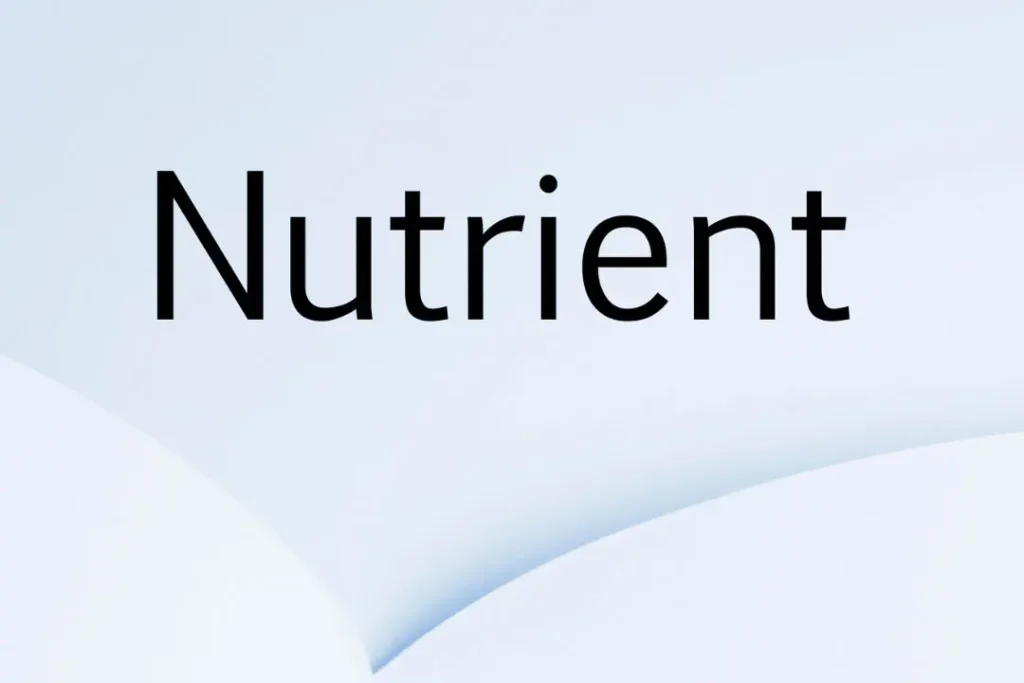If you’re looking to boost your nutritional intake and explore a world of wholesome goodness, sprouted foods are a great place to let your inner foodie take root. This beginner’s guide to the sprouting process will provide you with essential information on sprouted foods, their benefits, and how you can incorporate them into your diet.
Sprouting (think germination) is a transformative procedure where seeds, grains, nuts, and legumes are soaked, drained, and rinsed over an extended period, resulting in enhanced digestibility and increased nutritional value. Sprouting is like nature’s mini-miracle happening right in your kitchen. When seeds, legumes, or grains sprout, they undergo a metamorphosis that affords numerous nutrients and enzymes.
One of the most notable advantages of sprouting lies in its ability to enhance the bioavailability of nutrients. During sprouting, enzymes become activated, breaking down complex compounds into easily digestible and absorbable forms. This phenomenon can be likened to seeds expressing their readiness to provide essential nutrients that humans can effortlessly assimilate, an interesting interplay between nature and nutrition. Sprouts, in general, are an abundant source of essential vitamins such as C, A, and various B vitamins.
Sprouts also serve as a remarkable source of minerals, including manganese, calcium, iron, magnesium, and zinc. These minerals play crucial roles in fortifying bones, supporting the immune system, and maintaining sustained energy levels, highlighting the significance of incorporating sprouts into our daily intake.
You May Also Like:
Botanical Blend Battle: Rating Green Drinks for Your Kitchen
Is a Plant-Based Diet Right for You? Ask Yourself These Questions.
Sprouted Foods 101: A Beginner’s Guide to the Sprouting Process is an original (PlantBasedHealthNews) article.
Sprouts versus mature whole grains
Sprouted grains offer a multitude of health benefits arising from their unique germination process. During germination, the sprouts undergo significant transformations that result in higher nutrient content. One of the fundamental changes is the breakdown of starch, leading to an increased percentage of nutrients. Additionally, the germination process breaks down phytate, a form of phytic acid known to hinder the absorption of essential vitamins and minerals in the body. Another advantage of sprouted grains is their potential to be more easily digestible than regular grains.
While sprouted whole grains and regular whole grains possess the same nutrients, they differ in their quantities. Due to the germination process, sprouted grains offer higher nutrient levels, making them a favorable choice for individuals seeking enhanced nutritional benefits.
Another noteworthy aspect of sprouts is their protein content. These plant-based powerhouses offer easily digestible proteins, making them an excellent dietary choice for vegans and vegetarians seeking to foster strong muscle development and overall health.

Sprout a meal or a smoothie.
Beyond their nutritional value, sprouts exhibit a diverse range of culinary possibilities. From the delightful nutty crunch of alfalfa sprouts to the earthy tang of mung bean sprouts, each variety contributes a unique flavor and texture to many dishes. Their versatility allows for effortless integration into salads, sandwiches, stir-fries, smoothies, and more, adding an exciting twist to traditional recipes.
An insightful and comprehensive review in Plant sheds light on the growing interest in healthy eating and the rise of fresh, ready-to-eat functional foods like microscale vegetables (sprouted seeds and microgreens). The article discusses the crops commonly used for microscale vegetable production and highlights Brassica vegetables for their health-promoting secondary metabolites like polyphenols and glucosinolates.
By the way, sprouted seeds and microgreens are way more nutritious than regular seeds and mature veggies. So, munching on these young plants is a smart move for getting those nutrients.
The review also mentions how folks are totally on board with sprouts and microgreens. Health-conscious peeps everywhere are adding these nutrient-packed goodies to their daily diets. No wonder it’s becoming a global trend!
Sprouted Foods 101: A Beginner’s Guide to the Sprouting Process is the (PlantBasedHealthNews) report.

So where do I buy these sprouted delectables?
While there are a number of superfood manufacturers out there, one manufacturer comes to mind that is worthy of additional focus. Healthy Truth has been around since 2014. The company’s founder, Bruce Namenson, has an unbridled passion for healthy foods and exercise. He did a ton of research and found that sprouting in an aqueous environment followed by careful dehydration preserves the best potential nutrients.
His almond product, Organic Raw Sprouted Almonds, is an excellent example of what can be done in the right hands to give the consumer the highest quality and great taste. Interestingly, Matthew Kenney, a world-renowned plant-based chef, purchases his products from Healthy Truth. In addition, Healthy Truth products are consumed by no less than twenty professional teams, including athlete Tom Brady.
Eating almonds can positively impact your heart health because they contain nutrients that can reduce C-reactive protein, which is known to cause inflammation and damage to arteries. Almonds are also a good source of Vitamin E, flavonoids, and folic acid, which can help prevent heart diseases and plaque buildup. They are a great source of alkali elements, which help boost immunity and reduce/protect against oxidative stress.
Healthy Truth has been featured in Yahoo Finance, News7health, and HealthXwire.com, among others.

Happy Sprouting
Consider the addition of sprouts to your meals, for they infuse a burst of life not only on your taste buds but on your body, mind, and soul. Embracing the sprouting revolution unlocks a wealth of incredible health benefits that these small wonders offer.
Incorporating sprouts into your diet is like unlocking the full potential of nature’s hidden treasures right in your kitchen. Sprouts’ enhanced digestibility and increased nutritional value offer a transformative experience that can revolutionize your overall well-being.
Sprouted grains are a clear winner for those seeking even higher nutrient levels. The germination process elevates the nutrient content by breaking down starch and phytate, making these grains a superior choice for a nutrient-rich diet.
When it comes to the best source for sprouted delectables, consider Healthy Truth. With their unwavering passion for healthy foods and exercise, their meticulous sprouting process preserves the highest nutritional value and delivers exceptional taste. The Organic Raw Sprouted Almonds are a great example of the perfection that can be achieved when nature’s bounty is processed with professional care.
As the sprouting revolution continues to gain momentum, Healthy Truth has earned recognition in reputable media outlets, solidifying its position as a trusted provider of premium sprouted products.

For further reading:
Precision Nutrition: All About Sprouting
Cultures for Health: How to Sprout Seeds in a Jar
Cleveland Clinic: What Are the Health Benefits (and Risks) of Eating Raw Sprouts?
Important Note: The information contained in this article (Sprouted Foods 101: A Beginner’s Guide to the Sprouting Process) is for general informational purposes only, and should not be construed as health or medical advice, nor is it intended to diagnose, prevent, treat, or cure any disease or health condition. Before embarking on any diet, fitness regimen, or program of nutritional supplementation, it is advisable to consult your healthcare professional in order to determine its safety and probable efficacy in terms of your individual state of health.
Regarding Nutritional Supplements Or Other Non-Prescription Health Products: If any nutritional supplements or other non-prescription health products are mentioned in the foregoing article, any claims or statements made about them have not been evaluated by the U.S. Food and Drug Administration, and such nutritional supplements or other health products are not intended to diagnose, treat, cure, or prevent any disease.
